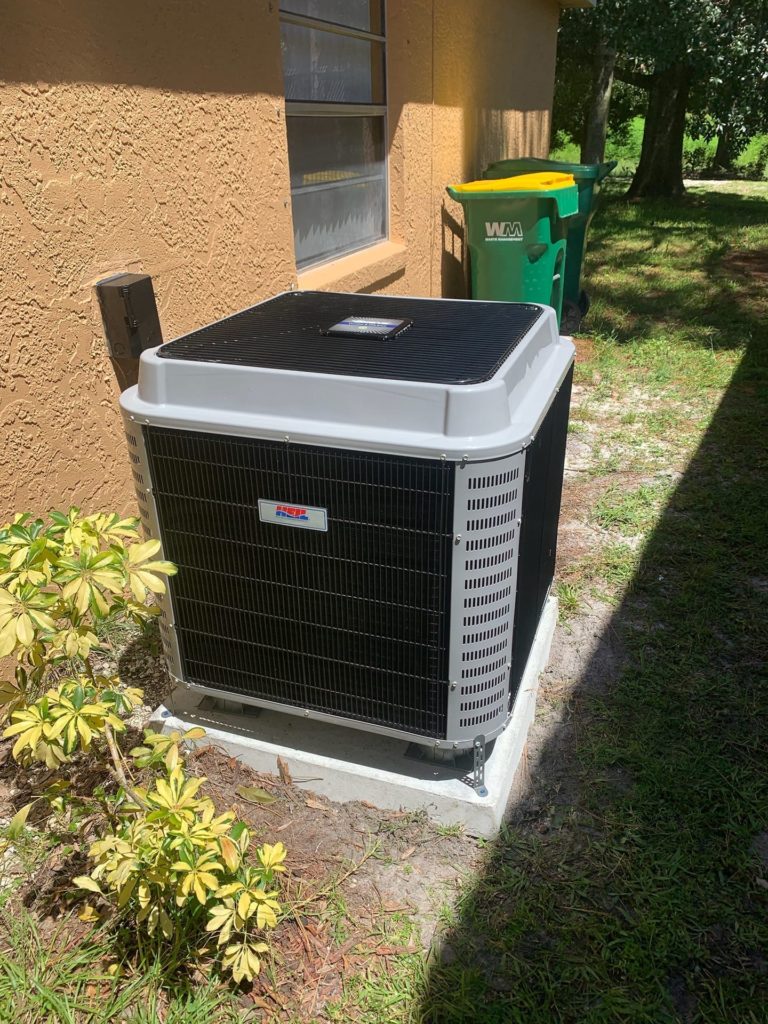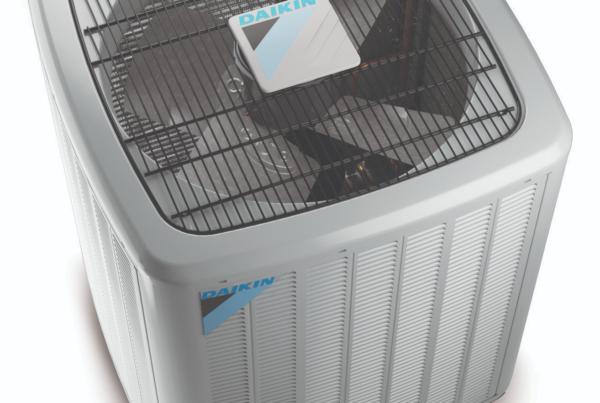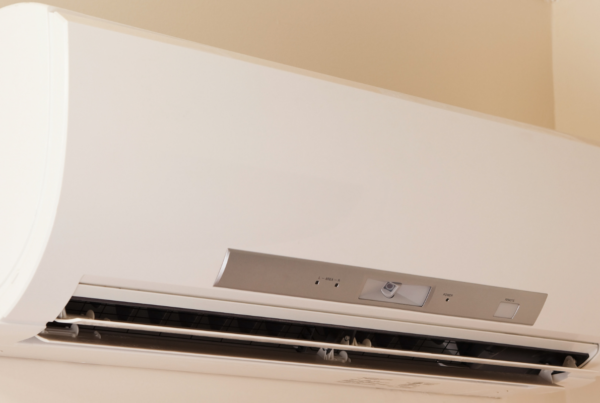What is SEER in AC System Ratings: Understanding Seasonal Energy Efficiency
If you’ve been in the market for a new air conditioner, “SEER” ratings are something that you have most likely run into. But what is a SEER rating and what is a good SEER rating for an air conditioning system? Today, your favorite Brevard AC company is going to walk you through this concept so that you can understand seasonal energy efficiency ratings and compare your own home’s SEER! How efficient is your air conditioner?

What is SEER?
SEER standards for Seasonal Energy Efficiency Ratio or Seasonal Energy Efficiency Rating. SEER is a measurement of your air conditioner’s cooling efficiency. This is calculated by looking at the cooling output of the system during a season and comparing it to the total energy used during the same period. When your system is working well, getting seasonal and routine maintenance, and being used properly, you’ll be getting maximum efficiency from your system, which is what the SEER number indicates.
How Do SEER Ratings Work?
As you can probably guess, the best SEER rating is the highest one. Most air conditioners range from 13 to 21, with 21 being the highest SEER rating available. A 21 SEER is the most efficient air conditioning system on the market! ENERGY STAR has specific qualifications to get their efficiency label, with the SEER rating requirement at 15 SEER for central AC systems.
However, remember that your system’s efficiency is also dependent on other factors, like:
- Is it the right AC system size for your home?
- Are your ducts sealed and clean?
- Is your system being seasonally maintained?
- How old is your system?
What’s a Good SEER Rating for an Air Conditioner?

While a good SEER number is a high SEER, that doesn’t mean that everyone needs (or wants to pay for) a 21 SEER system. Different homes have different cooling needs, called your home HVAC load. In fact, ratings between 14 and 16 are very good for homes, and you can even see that there are recommended SEER ratings per region of the United States. A Northern home needs less cooling through the year, and so a lower SEER system may be an economical decision.
Do I Need a Higher SEER AC Unit?
A highly-rated SEER system is often more expensive because it has more complex mechanics and components to increase efficiency. Many two-stage or variable AC systems are more efficient. Another benefit of systems with higher efficiency is that you will save on power costs all year long, especially in Florida.
However, your home may or may not be a good candidate for a high-SEER system. The best thing that you can do when considering an AC replacement is talk to a local, professional HVAC company. A company like Cool Rays AC can evaluate your home, look at your seasonal cooling requirements, and calculate your HVAC load. With an expert at your side, you will be able to get a recommendation for what kind of system you should be considering for your budget and needs.




